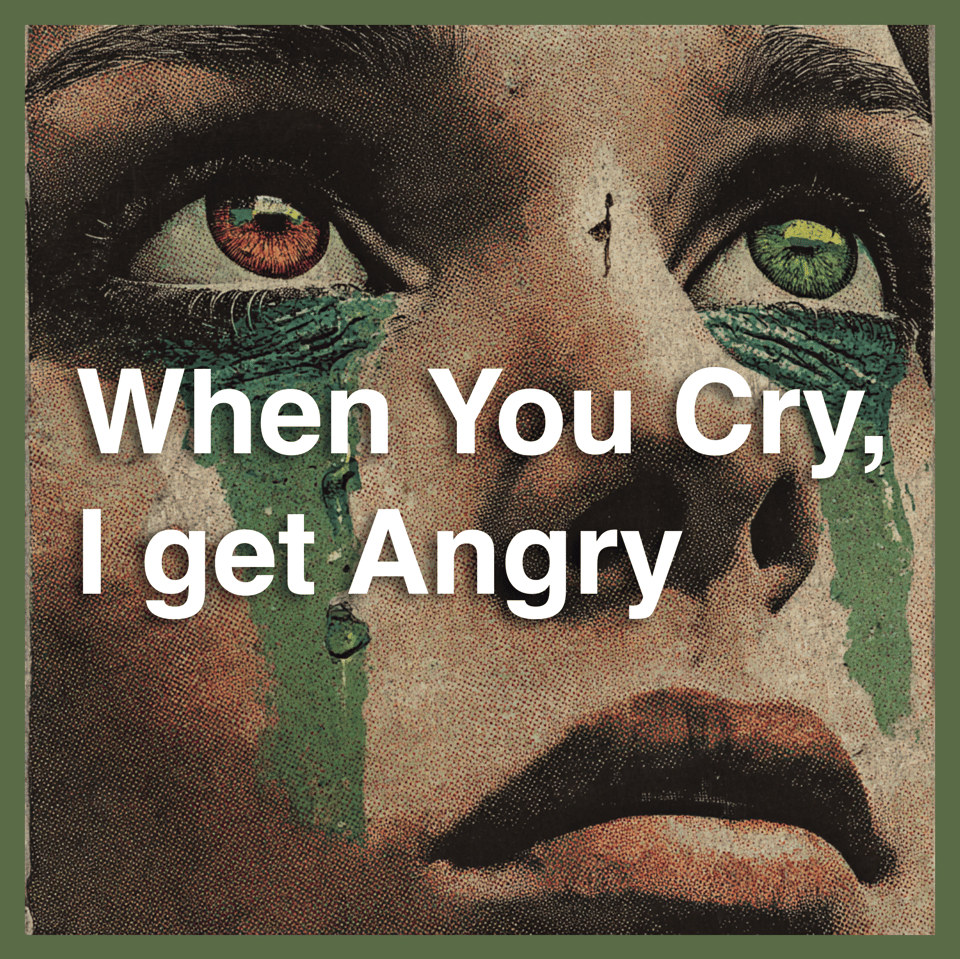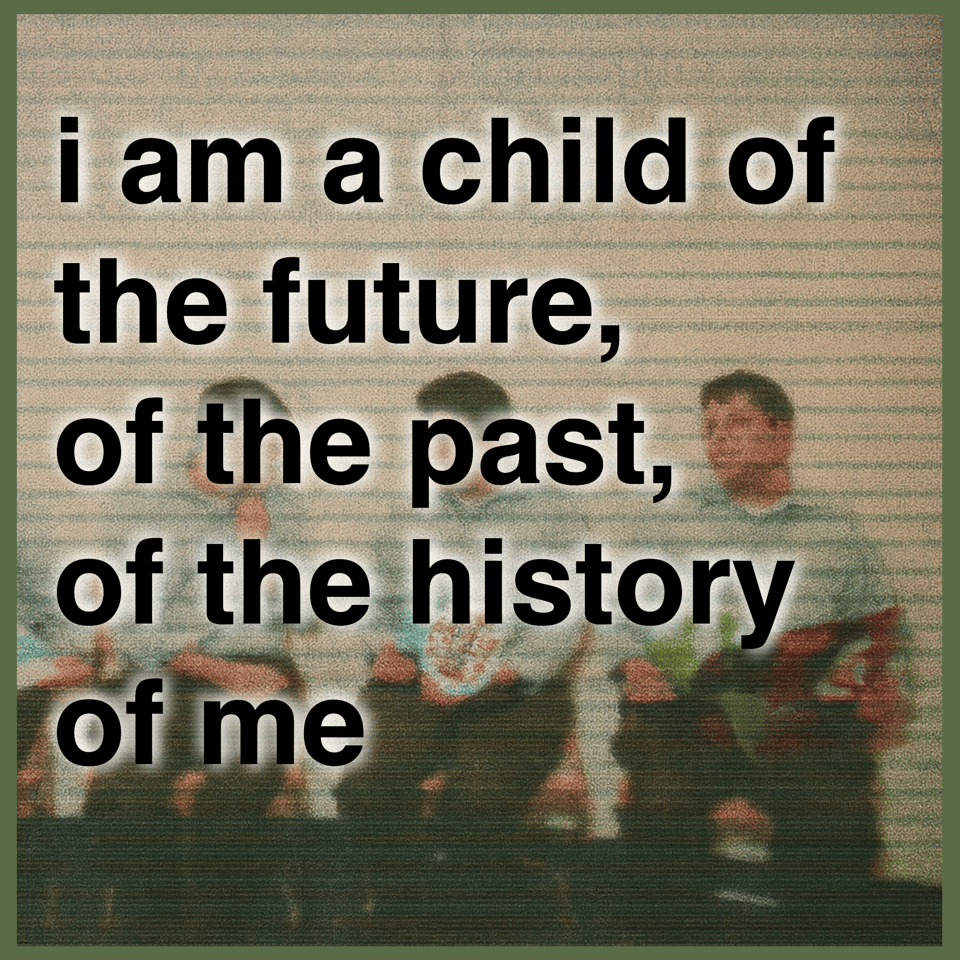When You Cry
Discover my deep-seated refusal to cry and the therapy-worthy anger it triggers.
When you cry, I get angry.
It's a kneejerk, a reflex, an impulse.
I don't search to understand your sadness. I just want your goddamn crying to stop.

What does crying even do for you anyway? I mean - if I'm being truthful - it appears to be a totally unpleasant experience. You see the irony here right? The actual act of crying is so absurdly awful it would, well, it would be enough to make one want to cry (if you were able to do that sort of thing, of course).
It's true, by last count, I haven't cried in at least fourteen years. Back then, I was going through a divorce and, yes (contrary to popular belief), I do feel sadnes. Damn I missed my kids; I missed what I thought my life would look like; I feared change tremendously.
I was advised crying might make feel better, and I suppose it was as good advice as any. So I willed myself to focus on the space between my eyes; I dwelled on my sadness, digging deep into loneliness that burned like poison ivy. I blinked hard, quickly. I frowned. And, yes, I'm pretty sure I drew tears.
But...I was alone and no one saw it, and so who's to say? Anyway, I don't think it made me feel better, it just made me fall asleep.
As a child, I cried when I fell off my huffy bike and skinned my knees. I cried when my older brother pushed me down the stairs and I hit my nose on the railing. As an adult, when another adult tells me they slammed the car door on their hand, I spontaneously ask, "did you cry?" and I'm not even sure if I'm joking.
When we watch a sad movie together, I can see you're crying, and I accept the test. I should cry, I say to myself. But then don't. Or can't.
Inside there's a feud, two greek Gods sparring, one flinging lightning bolts of emotion at the other offering spells of complacency. This rages inconclusively, until the sadness dissipates and the clouds clear and the movie credits roll.
Some people cry and I am offended at the way their chin crumples, dotted like the dimples in a golf ball. I'm horrified by their upside down pumpkin-grin or madcap open-mouthed wail. Others cry and I'm impressed at their brilliance: Revealing only a reddening of the eyes, or a firm-lipped grimace while their face maintains grace or beauty.
I'm a psychiatrist's dream of a picnic patient. In psychodynamic terms, I fail to cry because I feel loss of control; I offer an ego-threat response or fail to behave with empathetic resonance. Anger is my displacement of intolerable vulnerability.
They'd say I fear emotional contagion, as if crying were a germ on a pole in a subway car.
Of course they'd muse about the possibility of unfortunate early conditioning; that I was likely treated with dismissal as a child. To that I'd have to disagree and offer simply,

"i am a child of the future, of the past, of the history of me."
And that would have to be that.